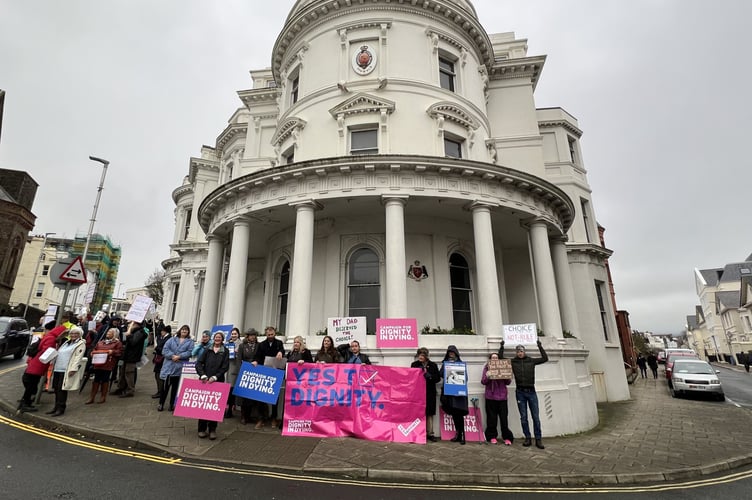An Assisted Dying Bill has officially been introduced in the House of Lords just days after the island’s own similar bill passed its third reading.
Former Labour Justice Secretary Lord Falconer has introduced his private members’ bill at the House of Lords on Friday which would allow terminally ill adults with six months or fewer to live to get medical help to end their own lives.
The island Bill, which was introduced by Dr Alex Allinson, MHK for Ramsey and a GP, passed the third reading in the House of Keys on Tuesday and will now head to the Legislative Council (LegCo) for consideration.
Lord Falconer now hopes a backbench MP will introduce a similar bill in the Commons, where it will have a greater chance of success.
In order to become law in the UK, the bill would also need the government to make time for it to be debated - something Prime Minister Sir Keir Starmer has promised to do.
Earlier this month, he also said he would let MPs have a free vote on the subject - meaning they could vote based on conscience rather than following the party line.
UK Health Secretary Wes Streeting told Radio 4’s Today programme he was ‘uncharacteristically undecided’ on the subject, but added it was a debate whose ’time had come’.
The Isle of Man’s Assisted Dying Bill proposes that the option of assisted dying should be made available as a choice for terminally ill, mentally competent residents of the island, subject to strict safeguards.
MHKs completed the clauses stage of the controversial Bill earlier in July, following seven days of debate across three months.

One of the most powerful arguments against the Bill has been the reported opposition within the medical profession with suggestions that would make the service unworkable.
Following the vote, Dr Allison said: ‘The Bill provides the framework but there is still room to discuss the regulations.
‘A lot of work also needs to be done with the implantation of the act and that could take one or two years. This will take time.
‘Royal ascent is likely to be given in 2025 but it could be the end of 2026 or even the start of 2027 before it is in place. This is not going to be rushed.
‘The Bill is there now. Changes can still be made but we have done our job. I am proud of the work we have done in the House of Keys and parliament. I am relieved after such a long process but there is still a lot of work to be done but it will be by other people.’




